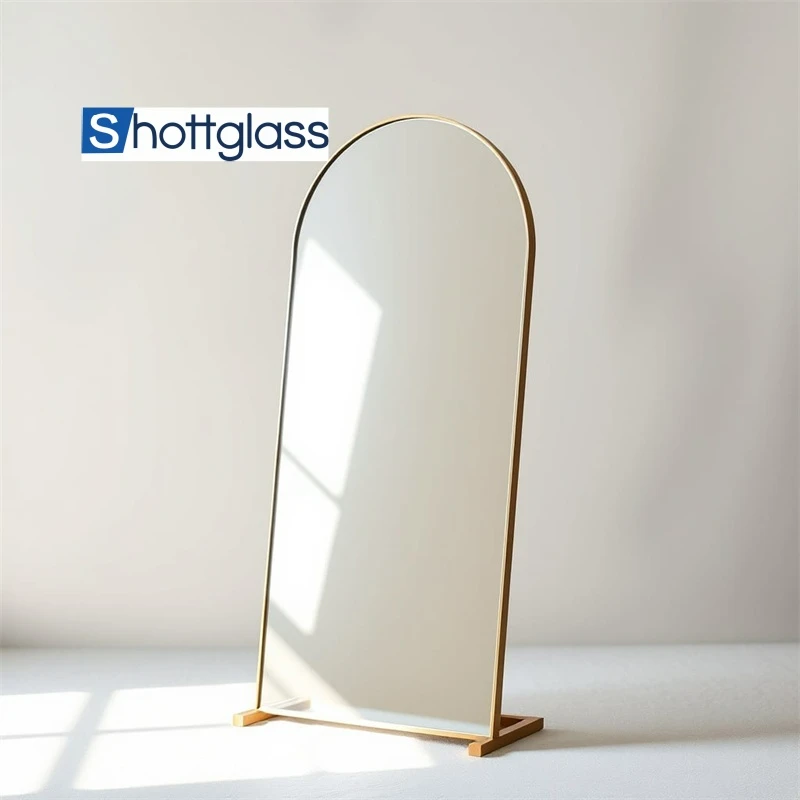Sep . 10, 2025 07:50 Back to list
Tinted Glass: Heat Control & Architectural Design | Shahe Shott Glass
Tinted glass has become a cornerstone in modern architectural design and energy-efficient building solutions. This innovative material, produced by incorporating specific colorants into ordinary clear glass during manufacturing, offers a range of benefits that extend beyond aesthetics. From reducing solar heat gain to enhancing interior comfort, tinted glass is a versatile solution for diverse applications. In this article, we explore the features, technical specifications, and real-world applications of tinted glass, while also highlighting its significance in the context of material science standards, as referenced by the National Institute of Standards and Technology (NIST).
Key Features and Benefits of Tinted Glass
Heat Absorption and Solar Radiation Control
One of the most significant advantages of tinted glass is its ability to absorb solar radiation, making it an effective solution for managing heat transfer in buildings. According to solar control testing, tinted glass demonstrates superior heat absorption compared to clear float glass. For instance, a 6mm-thick piece of clear float glass has a heat transmittance of 84%, whereas tinted glass reduces this to approximately 60%. The darker the color of the tint, the lower the heat transmittance, making it an ideal choice for regions with intense sunlight.
By incorporating reflective glass technology, manufacturers can further enhance the energy efficiency of tinted glass. This combination not only reduces solar heat gain but also minimizes the need for artificial cooling, contributing to sustainable building practices.
Reducing Sunlight Intensity
In low-latitude regions and arid environments, excessive sunlight can lead to visual discomfort and reduced work efficiency. Tinted glass effectively mitigates this issue by reducing light transmission and softening the intensity of sunlight. This makes it a practical solution for maintaining optimal indoor lighting conditions. For example, in commercial buildings, tinted glass can help create a balanced light environment, reducing glare and improving visual comfort for occupants.
Applications of Tinted Glass
Architectural Facades
Tinted glass is a critical component in the exterior design of modern buildings. Its ability to control sunlight and reduce heat transfer makes it a popular choice for façades, particularly in commercial and residential structures. By integrating tinted glass into building envelopes, architects can achieve both functional and aesthetic goals. For instance, in high-rise buildings, tinted glass helps regulate indoor temperatures and reduces the reliance on air conditioning systems.
According to the National Institute of Standards and Technology (NIST), materials like tinted glass play a vital role in advancing energy-efficient building technologies. NIST's research on material performance and thermal properties underscores the importance of such innovations in reducing energy consumption and environmental impact (NIST, 2025).
Interior Decoration
Beyond its functional benefits, tinted glass is widely used in interior design to enhance visual appeal. Its ability to add color and depth to spaces makes it a preferred choice for partitions, windows, and decorative elements. For example, using grey tinted glass or blue tinted glass can create a sophisticated ambiance in residential and commercial interiors.
Automotive Industry
The automotive sector also benefits from the use of tinted glass. By blocking excessive sunlight, tinted glass in vehicle windows helps prevent driver fatigue and reduces the risk of accidents caused by glare. This application highlights the material's versatility in addressing both safety and comfort concerns.
Product Specifications
| Size (mm) | 1650x2140, 1830x2440, 2140x3300, 2440x3300, or custom sizes |
|---|---|
| Thickness | 4mm, 5mm, 6mm, 8mm |
| Colors |
|
| Applications | Architecture, furniture, decoration |
Company Background: Shahe Shott Glass Co., Ltd.
Shahe Shott Glass Co., Ltd. (沙河市消特玻璃有限公司) is a leading manufacturer of specialized glass products, including tinted glass. With a commitment to quality and innovation, the company offers a wide range of tinted glass solutions tailored to meet the needs of architects, designers, and industry professionals. Their expertise in glass processing, such as cutting, tempering, and laminating, ensures that clients receive customized products that align with their specific requirements.
Product Display
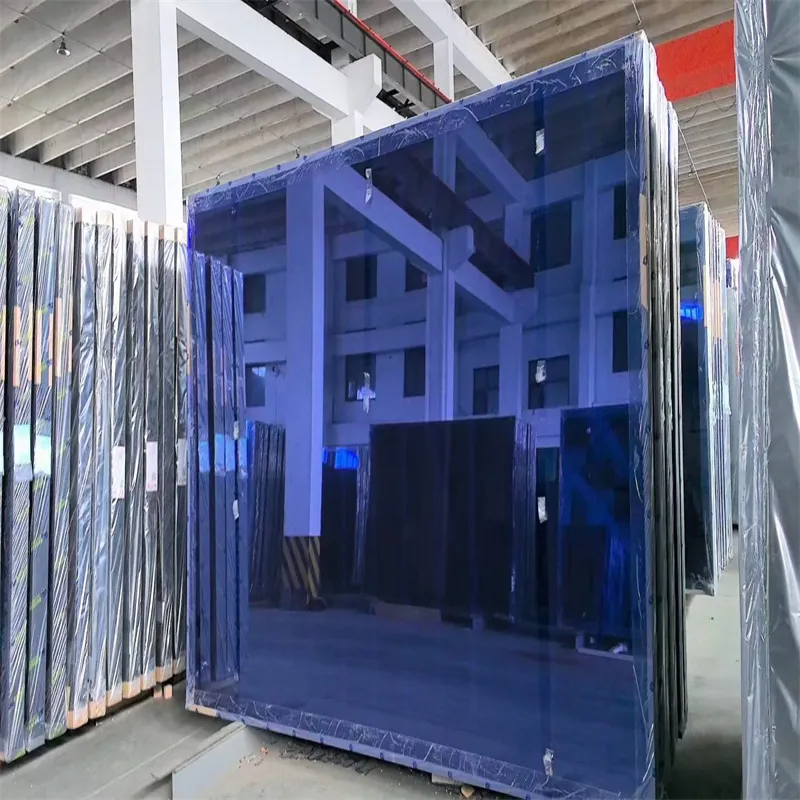
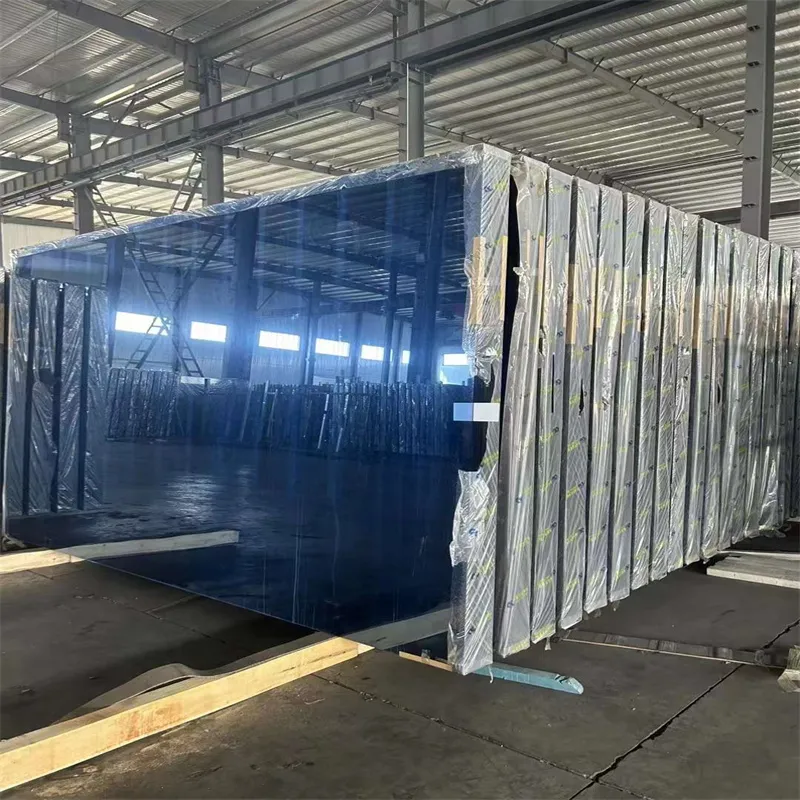
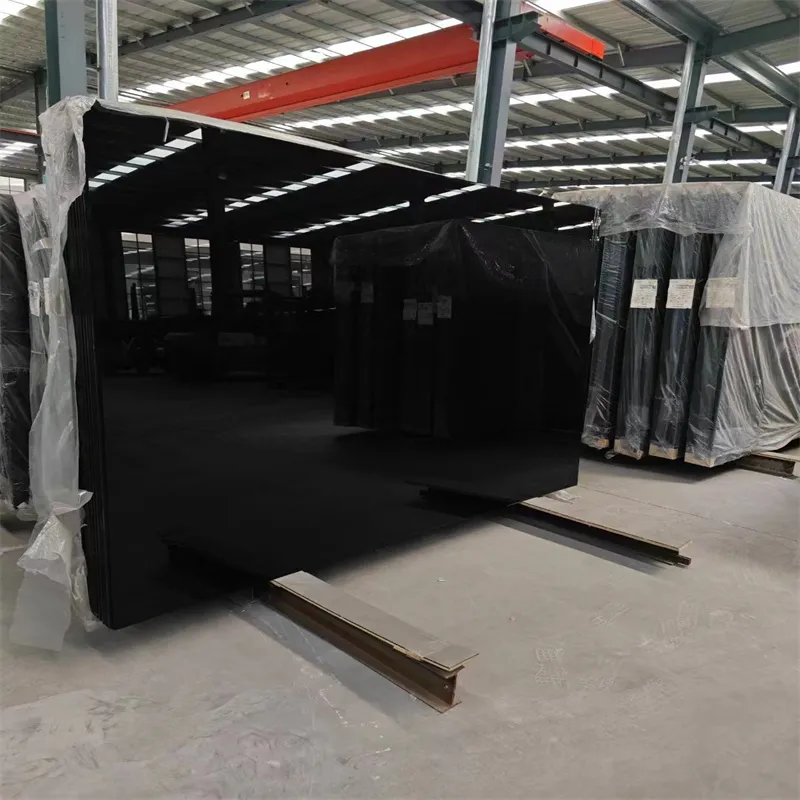
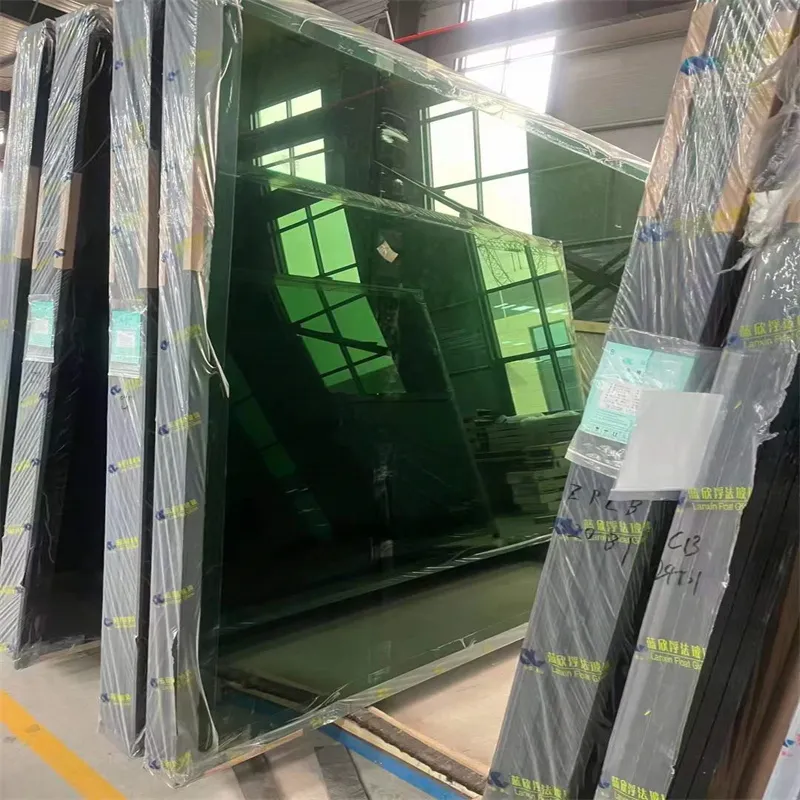
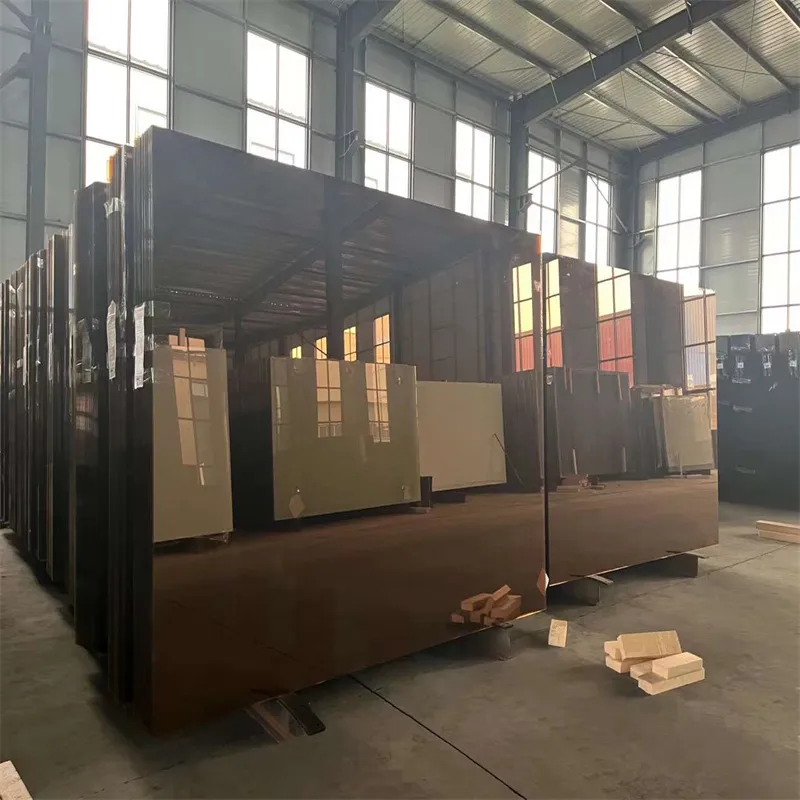
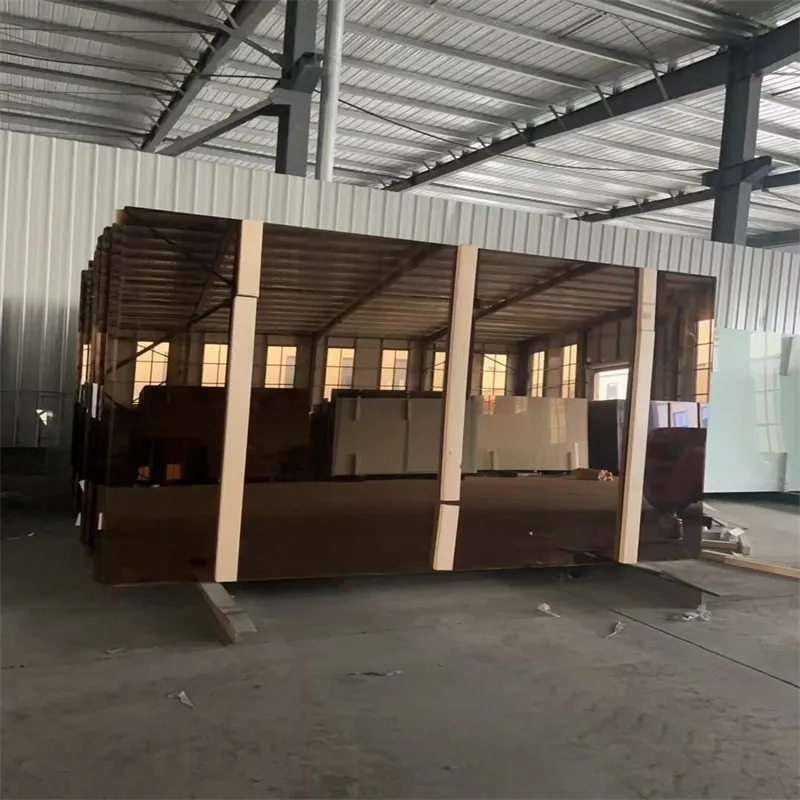
Conclusion
Tinted glass represents a fusion of functionality and design, offering solutions that address both environmental and aesthetic challenges. Its ability to control solar radiation, reduce heat transfer, and enhance interior comfort makes it an indispensable material in modern architecture. As research and standards continue to evolve, as highlighted by institutions like NIST, the role of materials like tinted glass in sustainable development will only grow in importance.
References
National Institute of Standards and Technology (NIST). (2025). Driving Innovation. Retrieved from https://www.nist.gov
Tinted Glass Product Page. Shahe Shott Glass Co., Ltd.
Tinted glass is available in a variety of colors, including grey tinted glass, blue tinted glass, and gray tinted glass. For more information on tinted glass sheet and its applications, visit the product page.
-
Types of Reflective Glass
NewsNov.17,2025
-
What Is Dichroic Glass?
NewsNov.17,2025
-
Smart LED mirrors can have touch controls
NewsNov.17,2025
-
Laminated glass improves energy efficiency
NewsNov.17,2025
-
Insulated glass enhances building comfort
NewsNov.17,2025
-
Acid etched glass offers elegant privacy
NewsNov.17,2025
Related PRODUCTS







